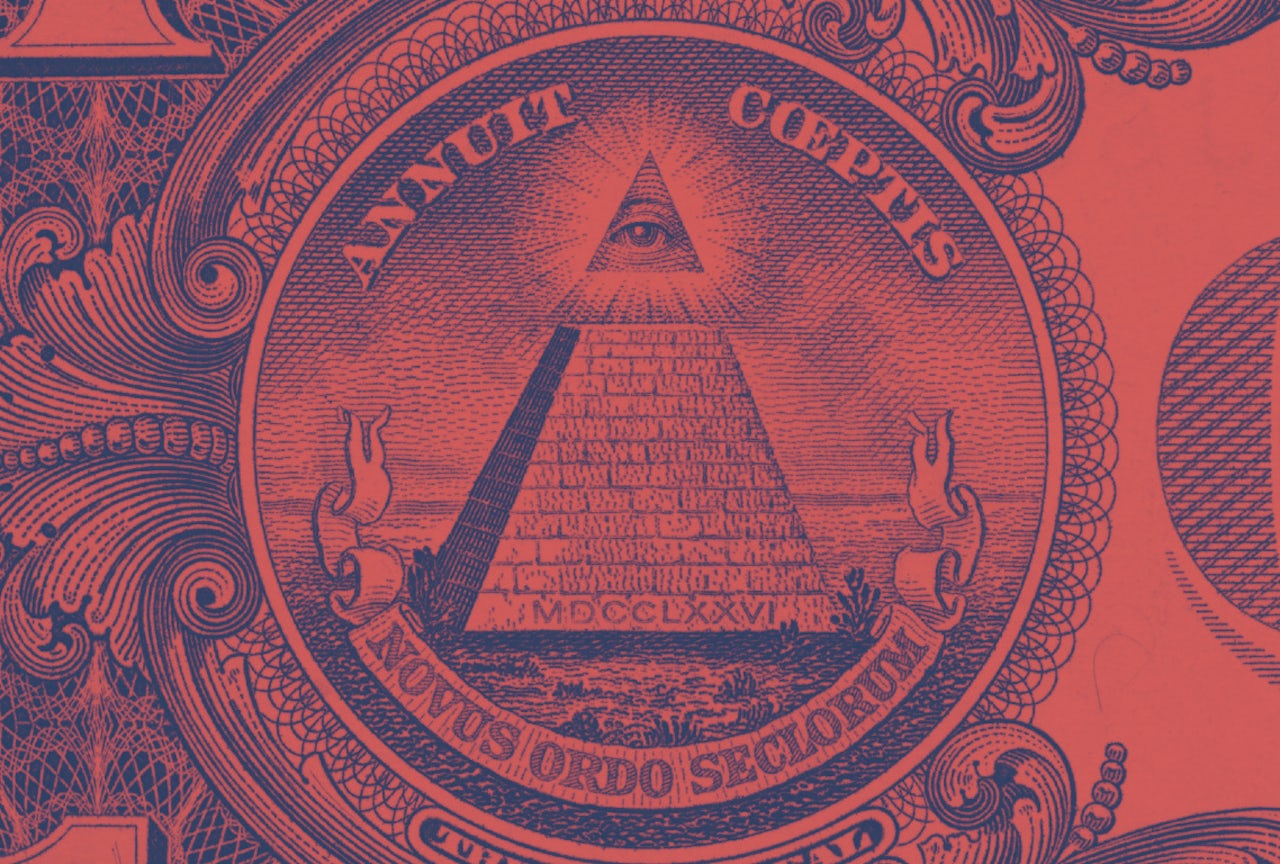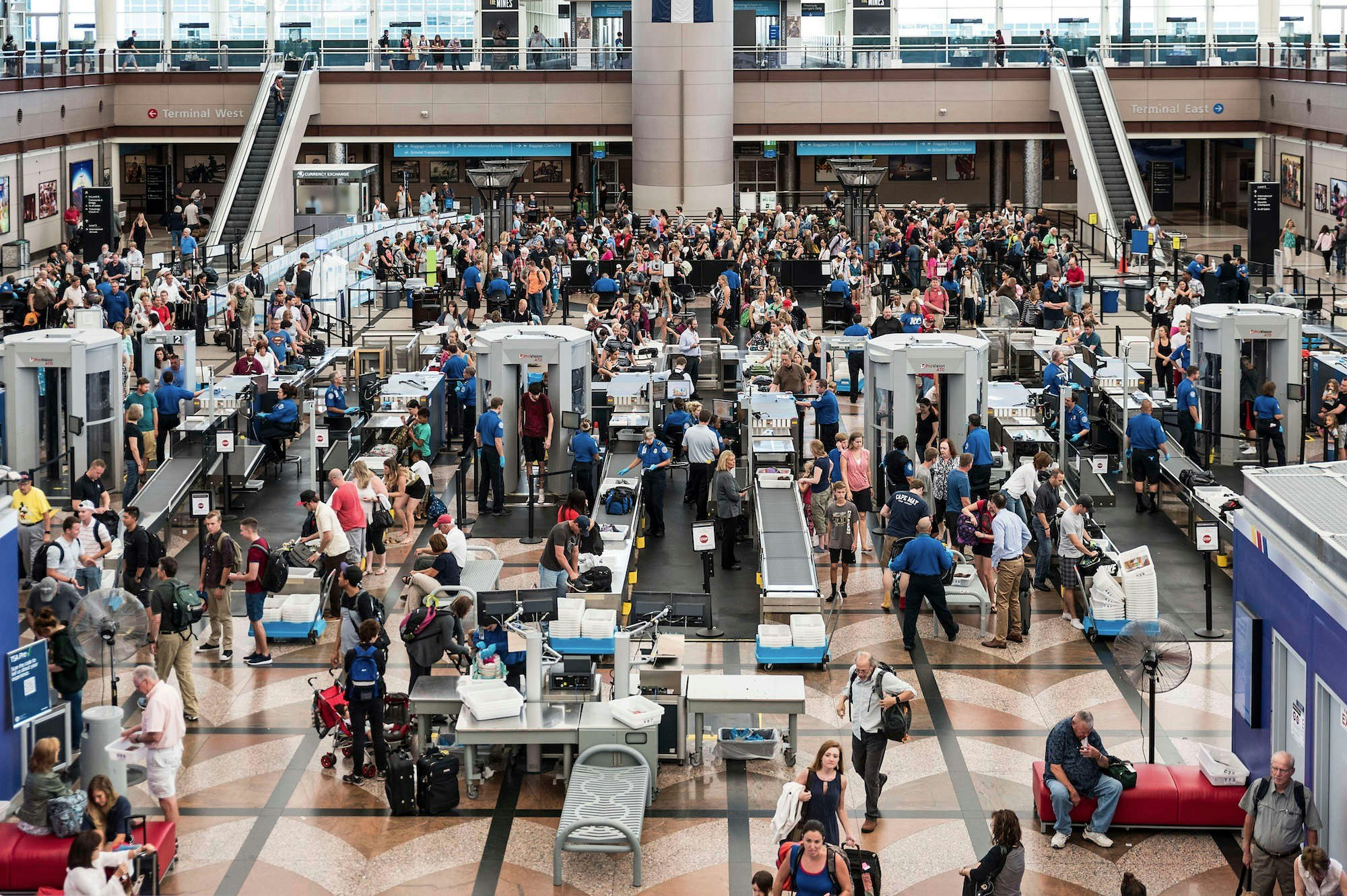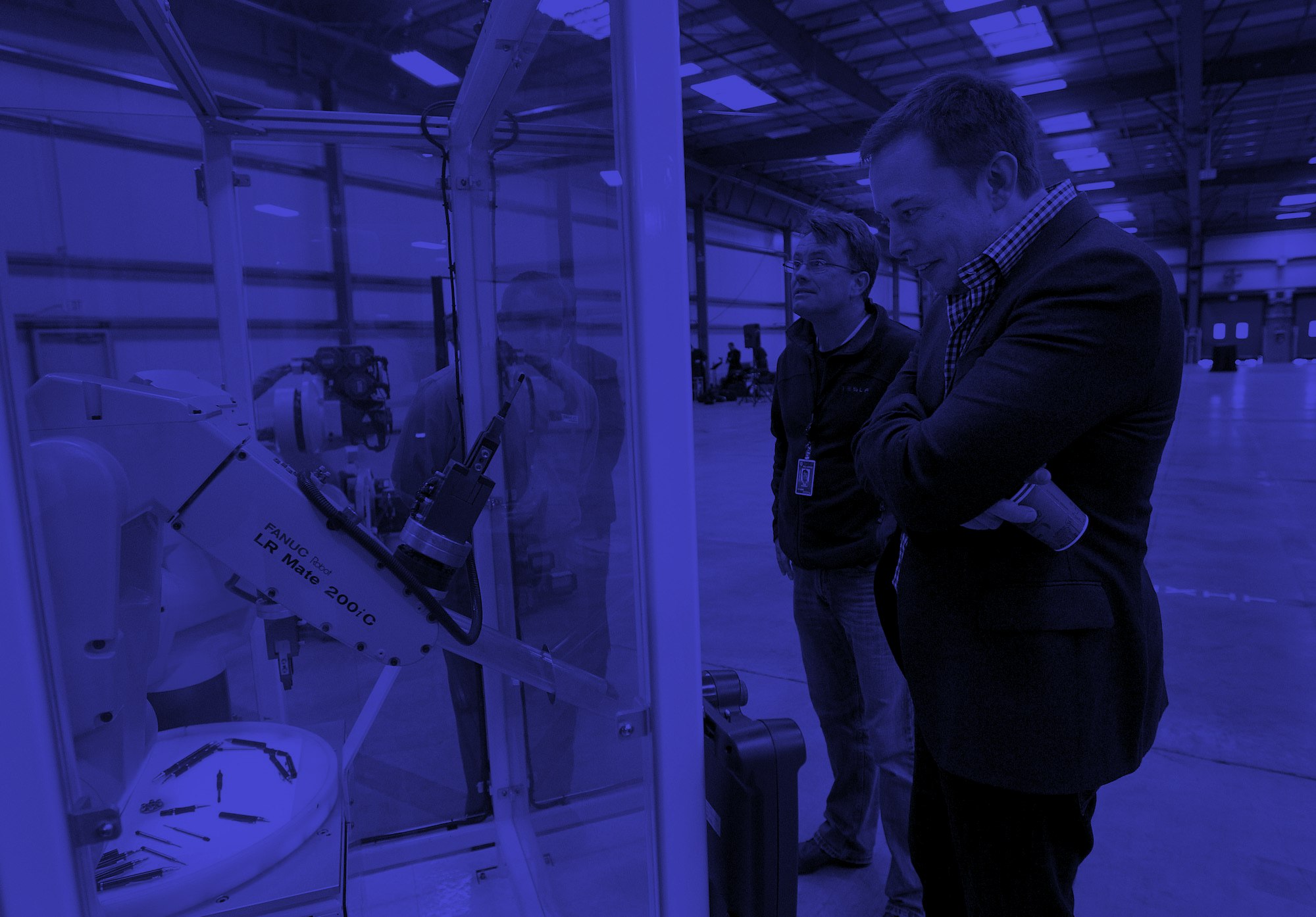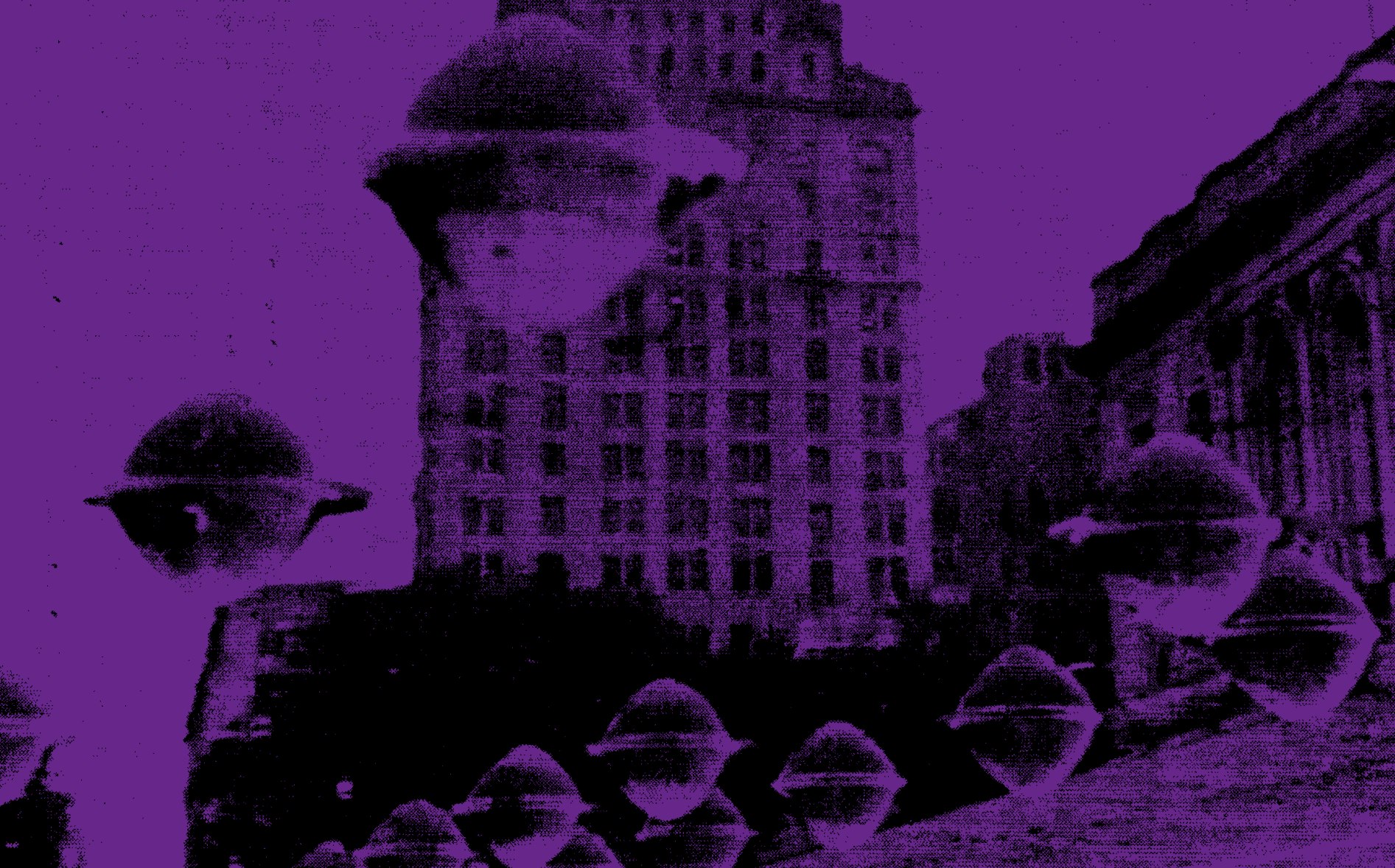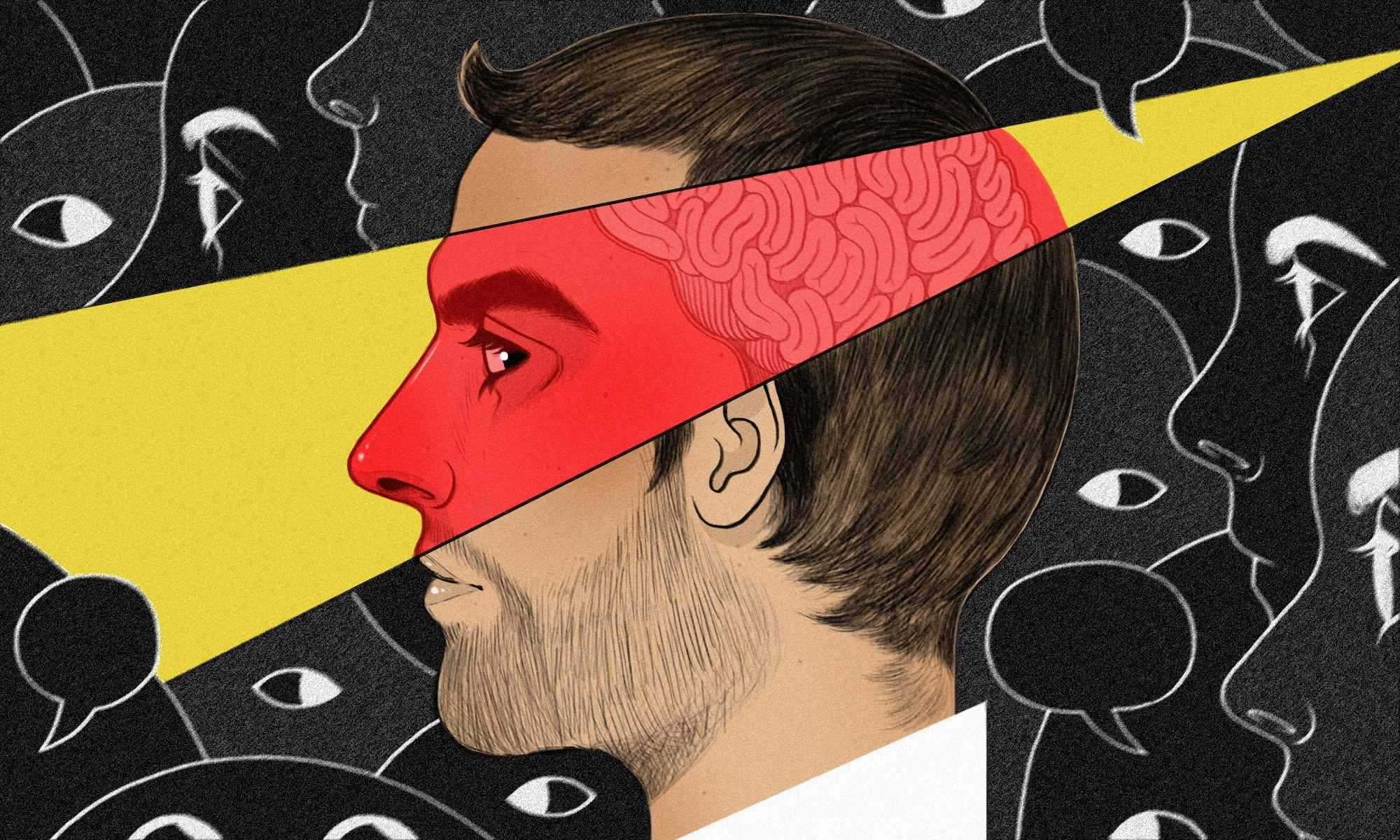A new Princeton University study has found a correlation between social exclusion and the endorsement of “conspiratorial beliefs.”
In the study, soon to be published in the March 2017 issue of the Journal of Experimental and Social Psychology, researchers surveyed 119 people, asking each individual to write about a past social interaction. The participants then rated the degree of exclusion they had experienced after the event, along with 13 other emotions. Later, each of them indicated the degree to which they endorsed a series of conspiracies, which were selected for their broad appeal to “a significant portion of the American population,��� according to study co-author and assistant psychology professor Alin Coman.
In another part of the study, an in-house exclusionary environment was created where participants were randomly selected to be deliberately included in, excluded from, or given no instruction about a subsequent task. They were then surveyed on the association between different improbable events.
In each case, researchers determined that people who experienced greater degrees of social exclusion were more likely to support conspiratorial or superstitious beliefs.
The results parallel previous explorations of the effects of being sidelined, like the 2001 study where exclusion was linked to increased aggression, or the 2005 study that found rejected people were less able to exercise self-discipline.
Coman contends that conspiracy theories can provide an alternative way for excluded people to make meaning of their lives and position in society. “Those who are excluded may begin to wonder why they’re excluded in the first place, causing them to seek meaning in their lives. This may then lead them to endorse certain conspiracy beliefs.”
Conspiracy theories can provide an alternative way for excluded people to make meaning of their lives.
The trauma of social exclusion has been felt by various social groups along the axes of socioeconomic status, race, gender, ability, and more. In recent times, political affiliation has joined the rankings.
The rise of the Tea Party and conspiracy sites such as Infowars is underpinned by a sense of exclusion as felt by a demographic that has traditionally held power, balking at shifting social norms around issues like racial equality, immigration policy, gay rights, and religion.
In the weeks since January 20, liberals and other left- or center-leaning demographies who feel maligned by the Trump administration have magnetized to relatively fantastic theories in an attempt to make meaning out of our new, uncanny reality.
The Princeton study warns against allowing these exclusionary environments to thrive because of the tendency to create conspiracy, which “could result in community-wide convergence processes that would further alienate vulnerable populations.” The implications are relevant to the general public, but according to Coman, are most ominous for the political representatives who pledge allegiance to the will of the constituent. He urges policymakers to avoid exclusion, “[o]therwise, we may create societies that are prone to spreading inaccurate and superstitious beliefs.”
Sound familiar?
